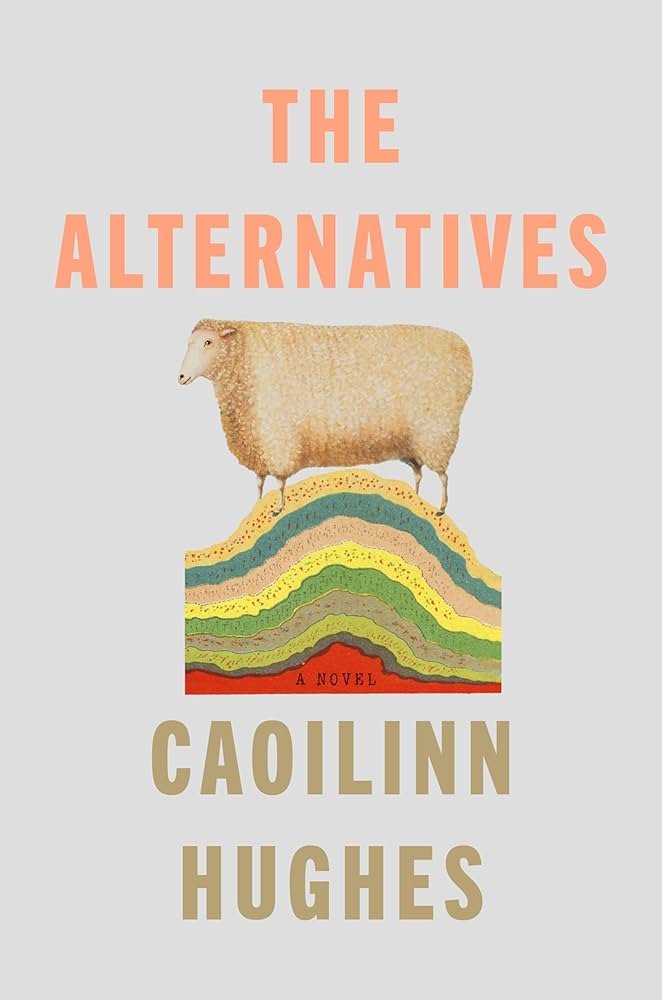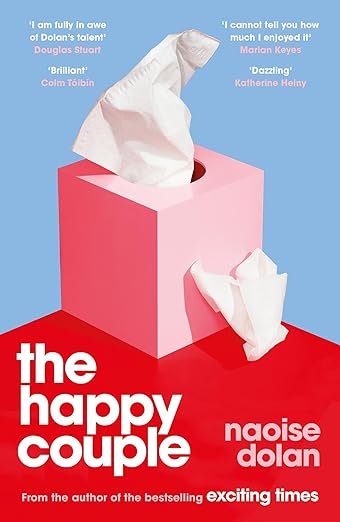The Factory, Hiroko Oyamada
“Oyamada has her characters reflect on the absurdity and uselessness of their roles at the factory, yet they all end up mentioning how thankful they should feel for having a job in an economy where educated young people are struggling to find one.”
The Factory by Hiroko Oyamada follows three workers who are employed by a mysterious corporation located in a huge compound that everyone refers to as ‘the factory’. Their jobs seem simple and straightforward, but from the very beginning, we see the three employees questioning the point of the tasks they have been assigned, and eventually giving in to their repetitive, seemingly pointless routine.
Oyamada’s novella was written after her own experience having several jobs in only a few years and working for a car manufacturer. The story has a sense of suffocation, reflecting how workers can end up feeling like cogs in a massive machine, where the output of one’s labour is rarely ever seen, further compounding the sensation of meaninglessness.
Another theme repeated throughout the novel is that of gratitude. Oyamada has her characters reflect on the absurdity and uselessness of their roles at the factory, yet they all end up mentioning how thankful they should feel for having a job in an economy where educated young people are struggling to find one. This innate gratitude keeps the workers from going any further than questioning their roles at the factory as part of their internal monologues.
The longer these characters work at the company, the weirder the novel gets, with appearances from strange animals (birds, lizards, coypus) that seem to only exist within the factory. Oyamada takes the reader on the same absurd, confusing journey as the workers, making the reading experience an uneasy, almost difficult one. This way, the author mirrors how surreal, monotonous, and soul-crushing the modern workplace seems to many of us.
A strange short read that will resonate with anyone who has ever asked themselves ‘what’s even the point?’
Editorial Picks




